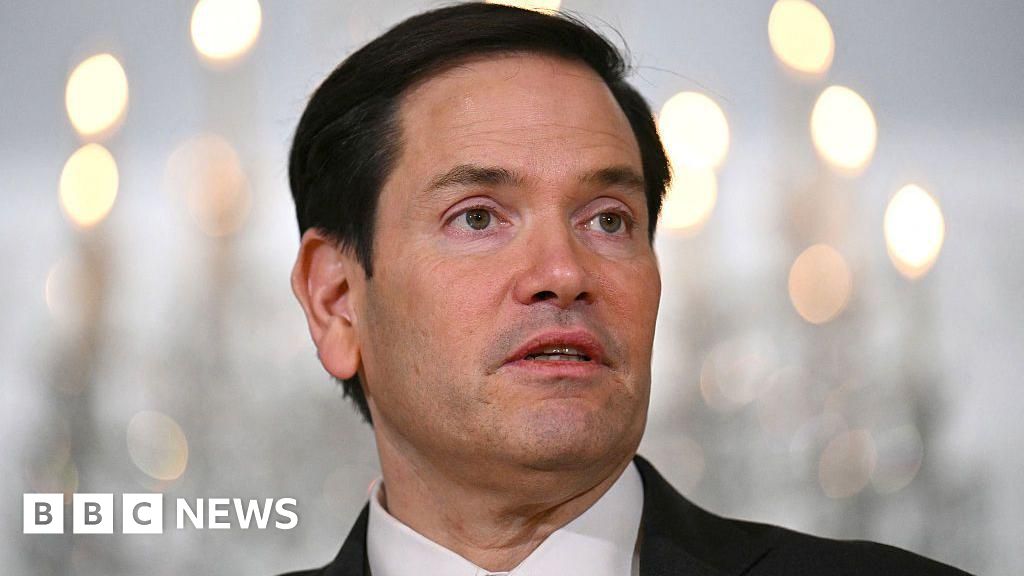WASHINGTON, D.C. – In a bold diplomatic move, the United States has called on China to intervene and prevent Iran from closing the Strait of Hormuz, a critical artery for global oil shipments.
Immediate Impact
US Secretary of State Marco Rubio has urged Chinese officials to leverage their influence with Iran to keep the Strait of Hormuz open. This appeal follows reports from Iran’s state-run Press TV that the Iranian parliament has approved a plan to close the strait, although the final decision rests with the Supreme National Security Council.
“If they [close the Straits]… it will be economic suicide for them,” Rubio stated, emphasizing the global economic repercussions of such a move.
Key Details Emerge
The Strait of Hormuz is a pivotal channel through which approximately 20% of the world’s oil supply flows. Any disruption could lead to a significant spike in oil prices, affecting economies worldwide. China, as the largest buyer of Iranian oil, plays a crucial role in this geopolitical equation.
Oil prices have already shown volatility, with Brent crude reaching its highest level in five months following recent US military actions against Iranian nuclear sites.
Industry Response
Energy markets reacted swiftly to the escalating tensions. On Monday, Brent crude briefly climbed to $81.40 a barrel before settling at around $78, marking a 1.4% increase for the day. The instability in oil prices underscores the potential economic fallout from any disruption in the Strait.
Saul Kavonic, head of energy research at MST Financial, noted, “The US is now positioned with an overwhelming defense posture in the region to be prepared for any Iran counter-attacks.”
By the Numbers
- 20% of global oil passes through the Strait of Hormuz
- China’s imports from Iran exceeded 1.8 million barrels per day last month
- Brent crude prices reached $81.40 per barrel briefly
Regional Implications
The potential closure of the Strait could strain relations between Iran and its Gulf neighbors, who rely on the waterway for energy exports. Additionally, it could provoke a response from China, which depends heavily on Iranian oil.
Expert Analysis
Energy analyst Vandana Hari highlighted the risks for Iran, stating, “Iran risks turning its oil and gas producing neighbors in the Gulf into enemies and invoking the ire of its key market China by disrupting traffic in the Strait.”
What Comes Next
The international community is closely monitoring the situation. The US maintains a strong military presence in the region, prepared for any potential Iranian countermeasures. Diplomatic efforts are expected to intensify as stakeholders seek to avert a crisis that could have far-reaching economic impacts.
The unfolding events in the Strait of Hormuz will continue to capture global attention, with significant implications for international energy markets and geopolitical stability.





































































